REYKJAVÍK — For the second time in five years, Iceland has lost its low-cost airline; PLAY Airlines (OG) ceased operations today, having operated for just four years.
A statement on the airline’s website alerted customers to this fact, pointing them towards alternative travel, followed by “We are deeply sorry for the disruption this causes and thank you for your understanding.”
At the time of its demise, the airline had a total of ten aircraft in its fleet, consisting of six Airbus A320neo and four A321neo, flying them to destinations in Europe and North America.
Signs of trouble had been noted for months, with the airline downsizing its route network, having withdrawn service from 16 of its 51 total destinations, including important destinations to the airline, such as Washington and London.

Problems
PLAY airline had suffered financially from the start, with the ambition of finishing what their predecessor, Wow Air (WW), had started: becoming a viable low-cost competitor to Icelandair (FI), offering low-cost transatlantic connecting itineraries. Its selling point was bright cabins and planes, bringing a certain relaxed informality to their flights. However, the airline was never profitable, posting a loss of US$66 million in 2024 and similar figures from its first flight in 2021.
PLAY set out to recreate WW’s legacy, but with a less aggressive expansion model, which was a primary factor in WW’s demise. However, it also failed to address other significant issues. Neither OG, nor WW before it, operated in the same manner as FI, who cater to both business and leisure travelers, thereby allowing them to absorb the seasonal peaks and troughs of the North Atlantic market.
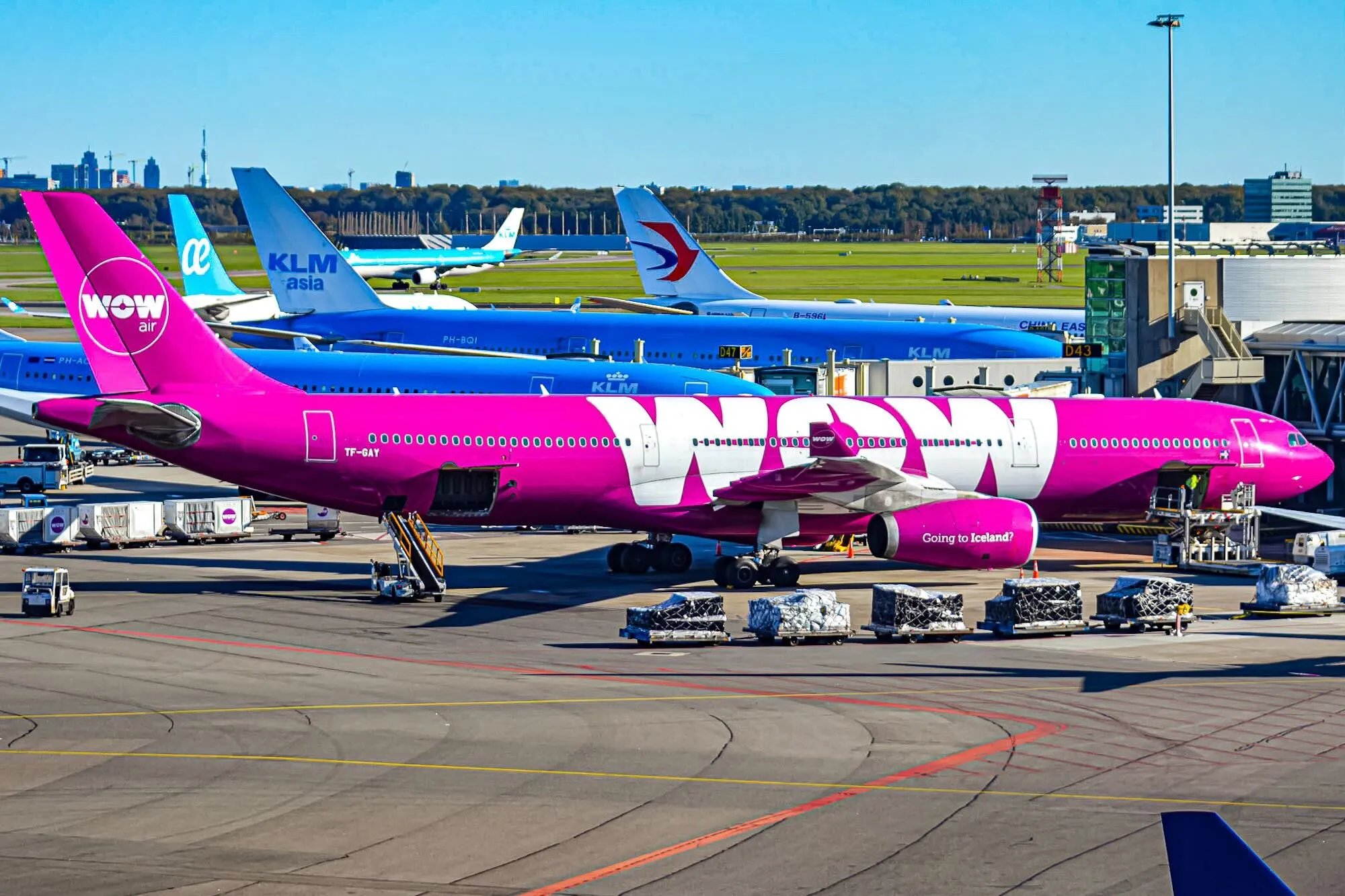
With dedicated business class and premium infrastructure at airports and on its aircraft, FI caters to a naturally broader market than OG and WW before it. With OG lacking in these departments, the airline was at the constant mercy of the travel downtowns between the summer and winter peaks—something that has claimed many famous names in the past.
Furthermore, OG could not reap any economies of scale due to its small scale of operation. At the time of its demise, the airline operated to 42 destinations, but with only ten aircraft. This naturally meant that it was unable to offer daily services or multiple daily services to essential and smaller destinations alike.
Compare this to FI, which has the capacity not only to offer multiple daily services to cities but also to easily absorb factors such as aircraft maintenance and flight cancellations, leveraging these economies of scale to its benefit. In contrast, OG arguably overstretched itself.
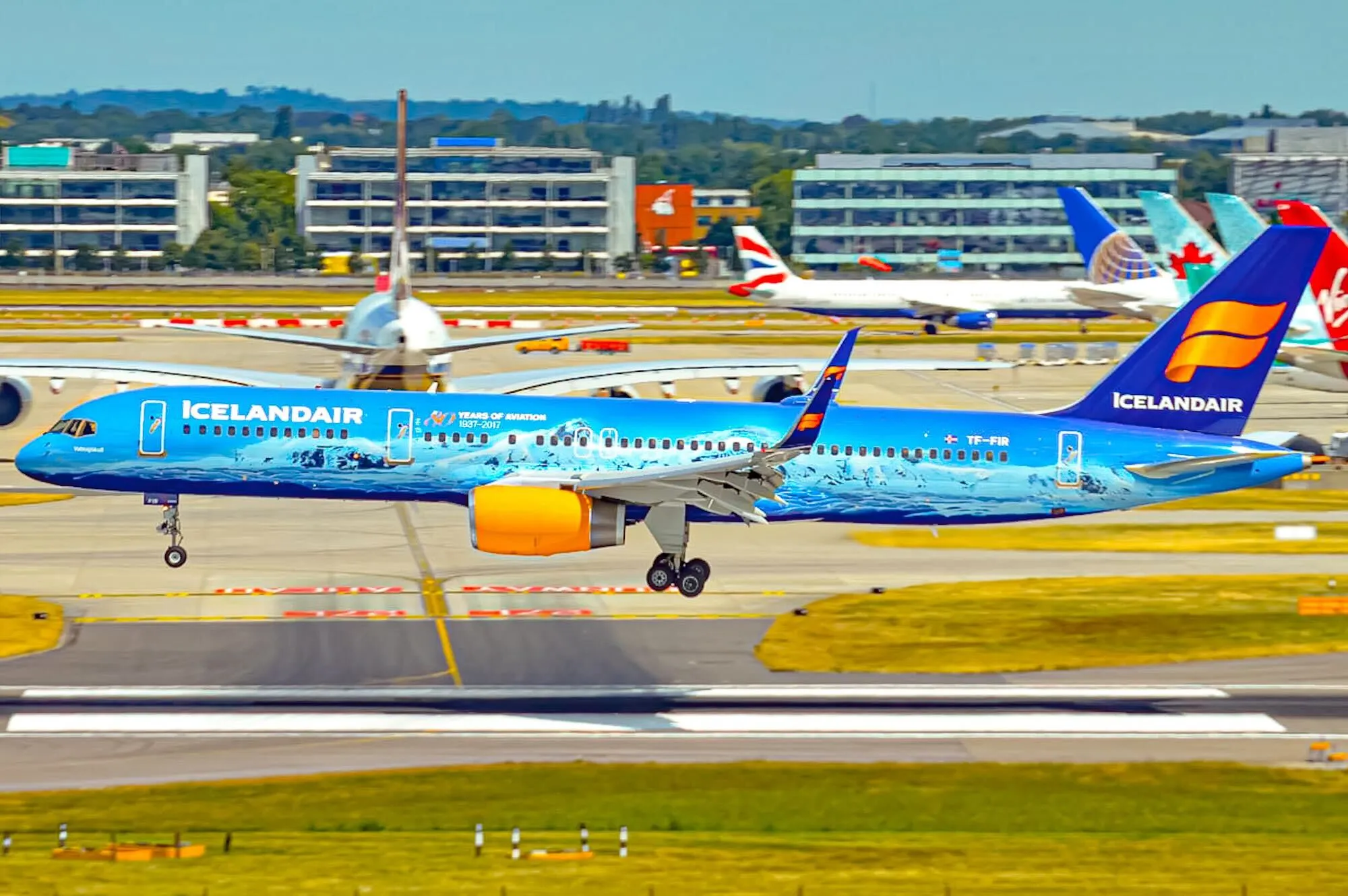
Conclusion
PLAY Airlines was yet another valiant attempt to break FI's monopoly over the connecting transatlantic itinerary market. The airline aimed to learn from the mistakes of its predecessor, and while it did make some crucial changes, it was unfortunately not enough to make the airline viable.
PLAY Airlines’ name joins the many other airlines that have tried and, unfortunately, failed to make low-cost transatlantic flights viable. The airline leaves behind 400 staff, and the legacy of a dream that could have been, but unfortunately wasn’t.

.jpg)
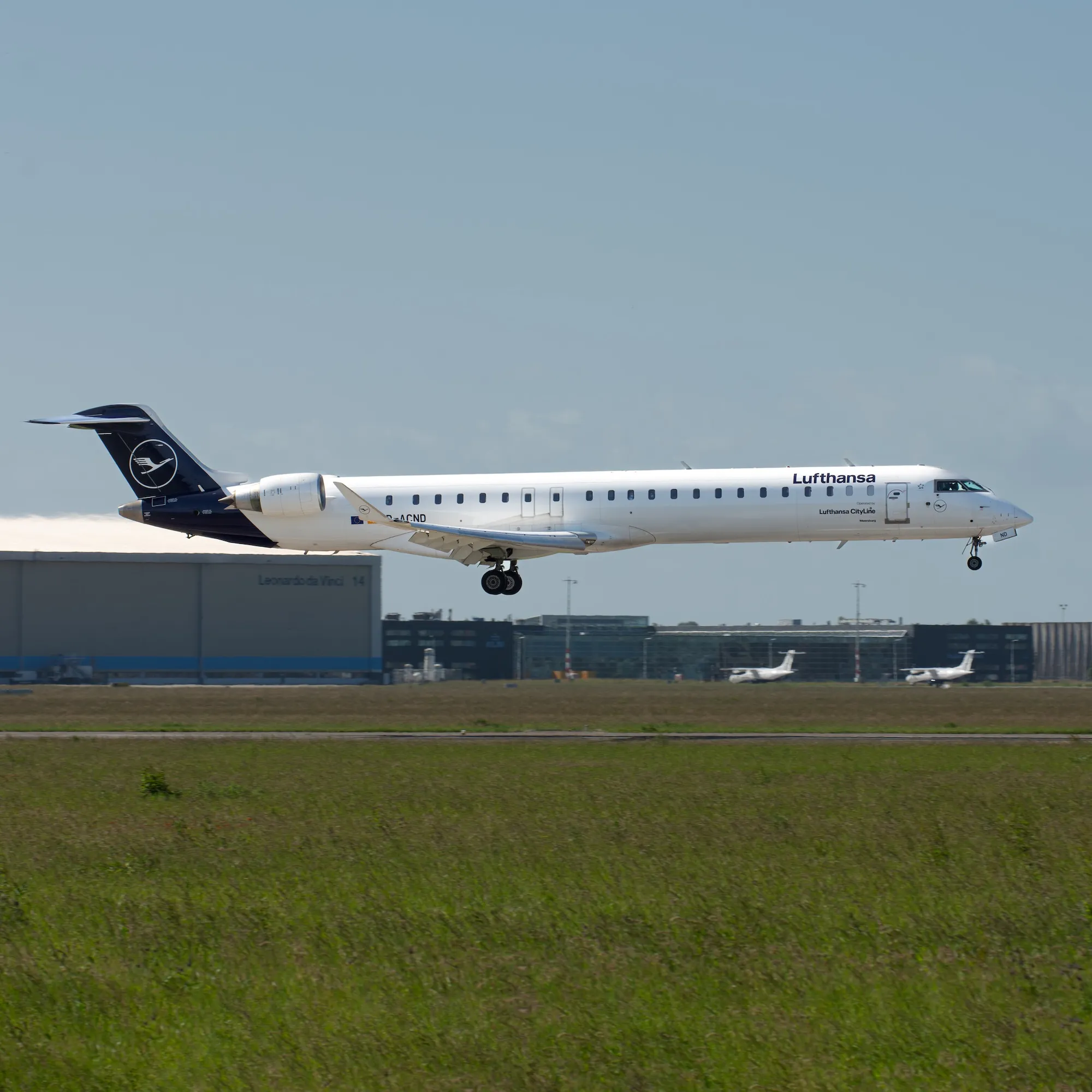
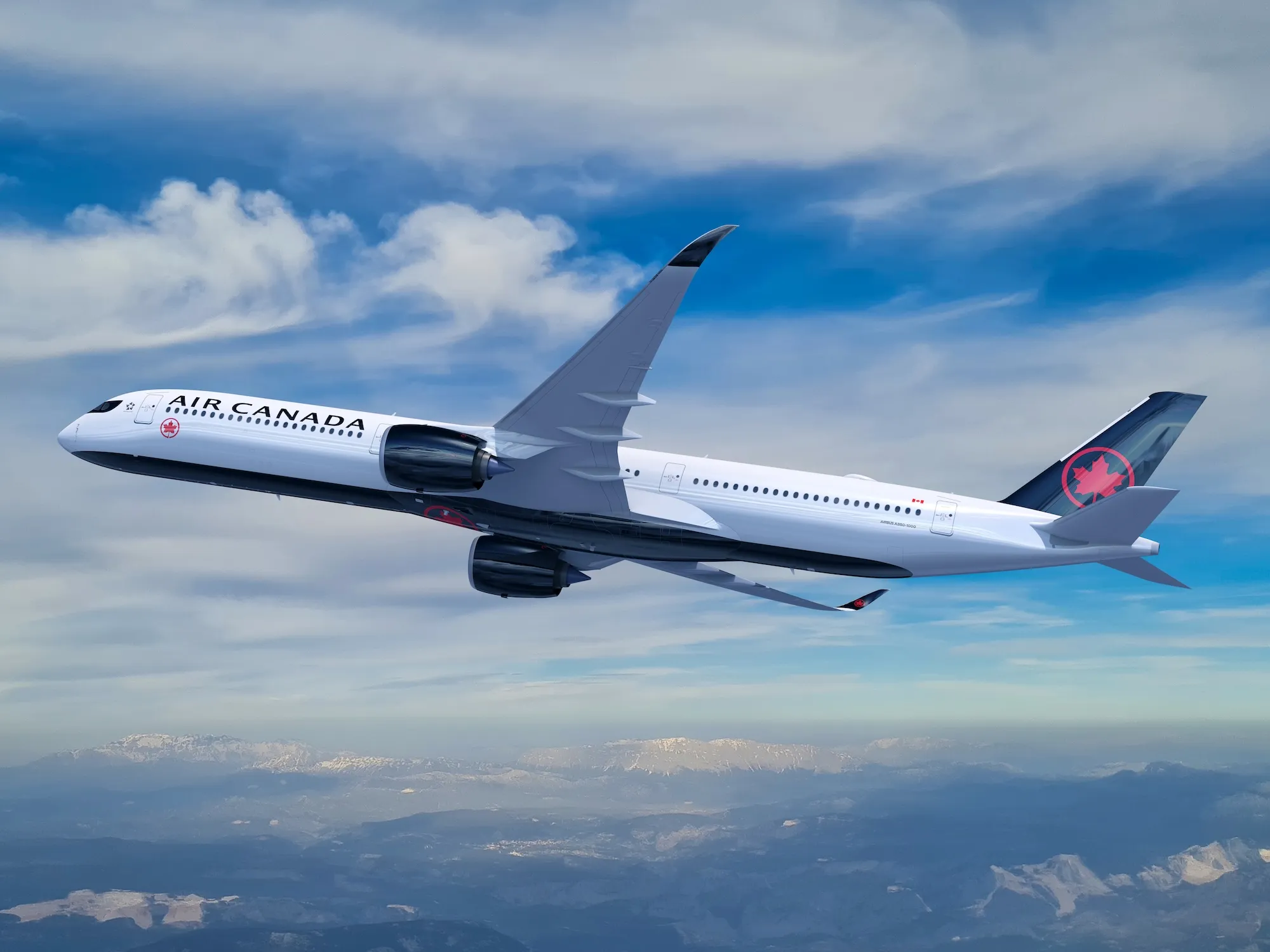
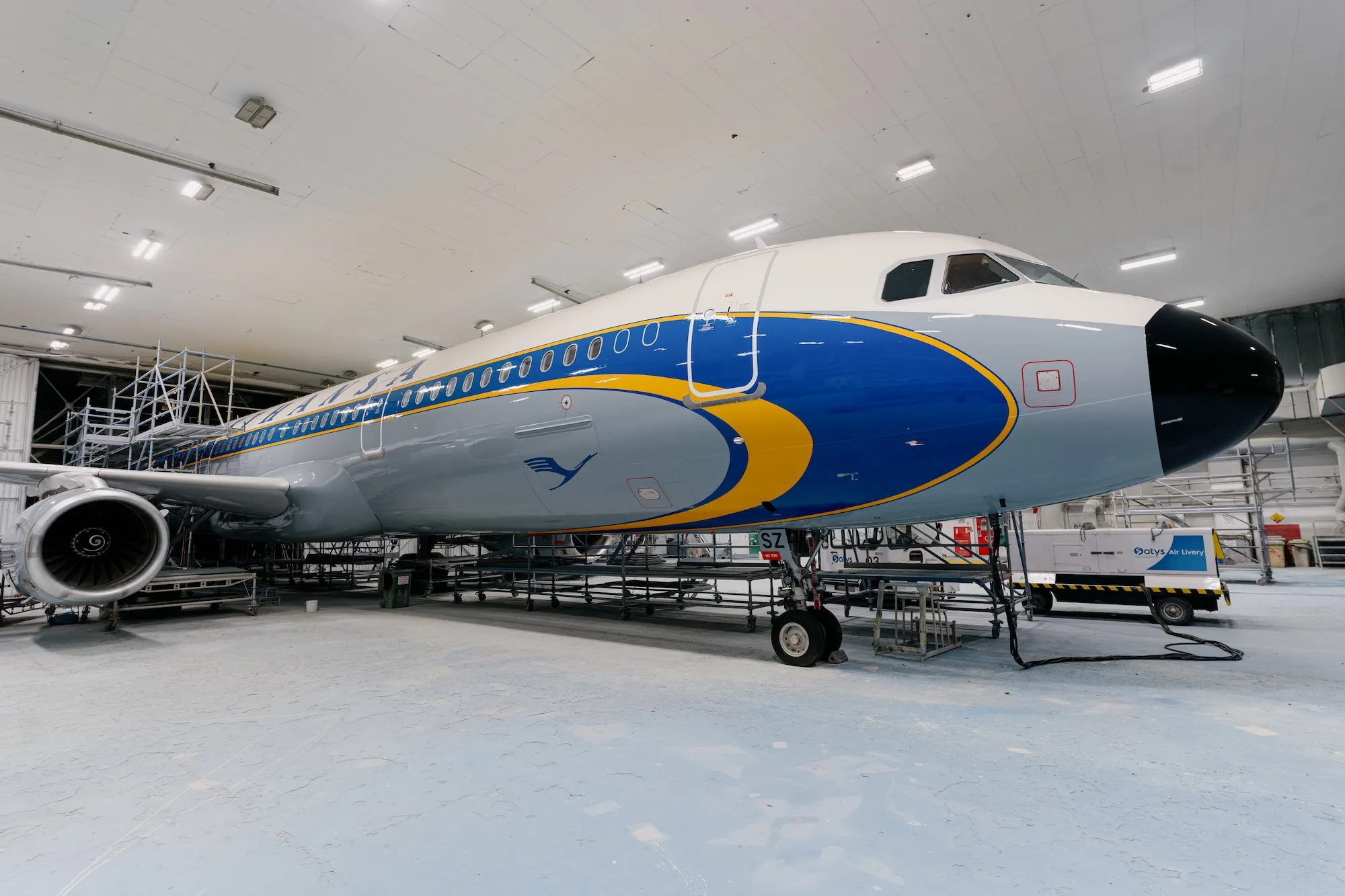
.webp)
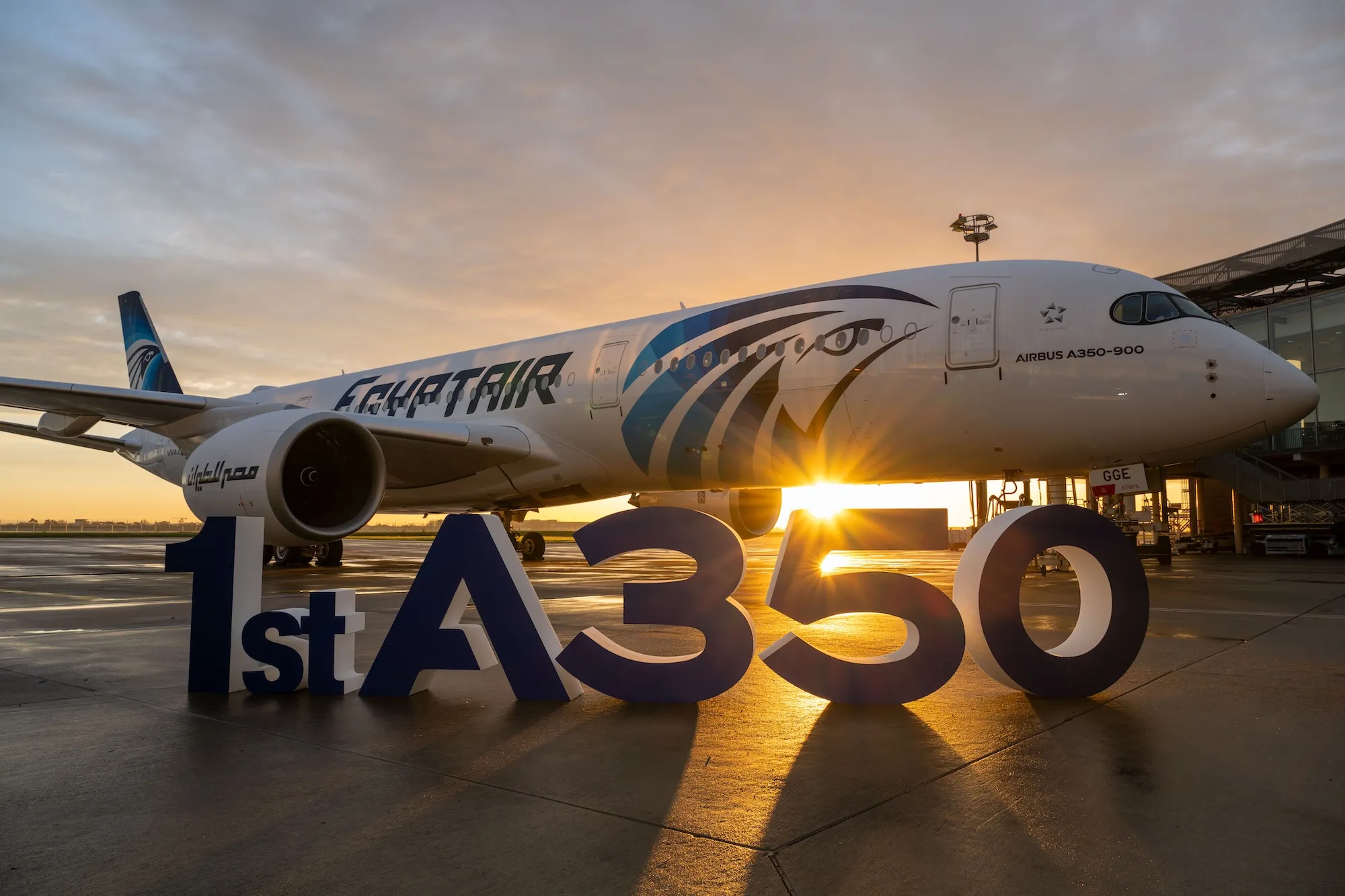


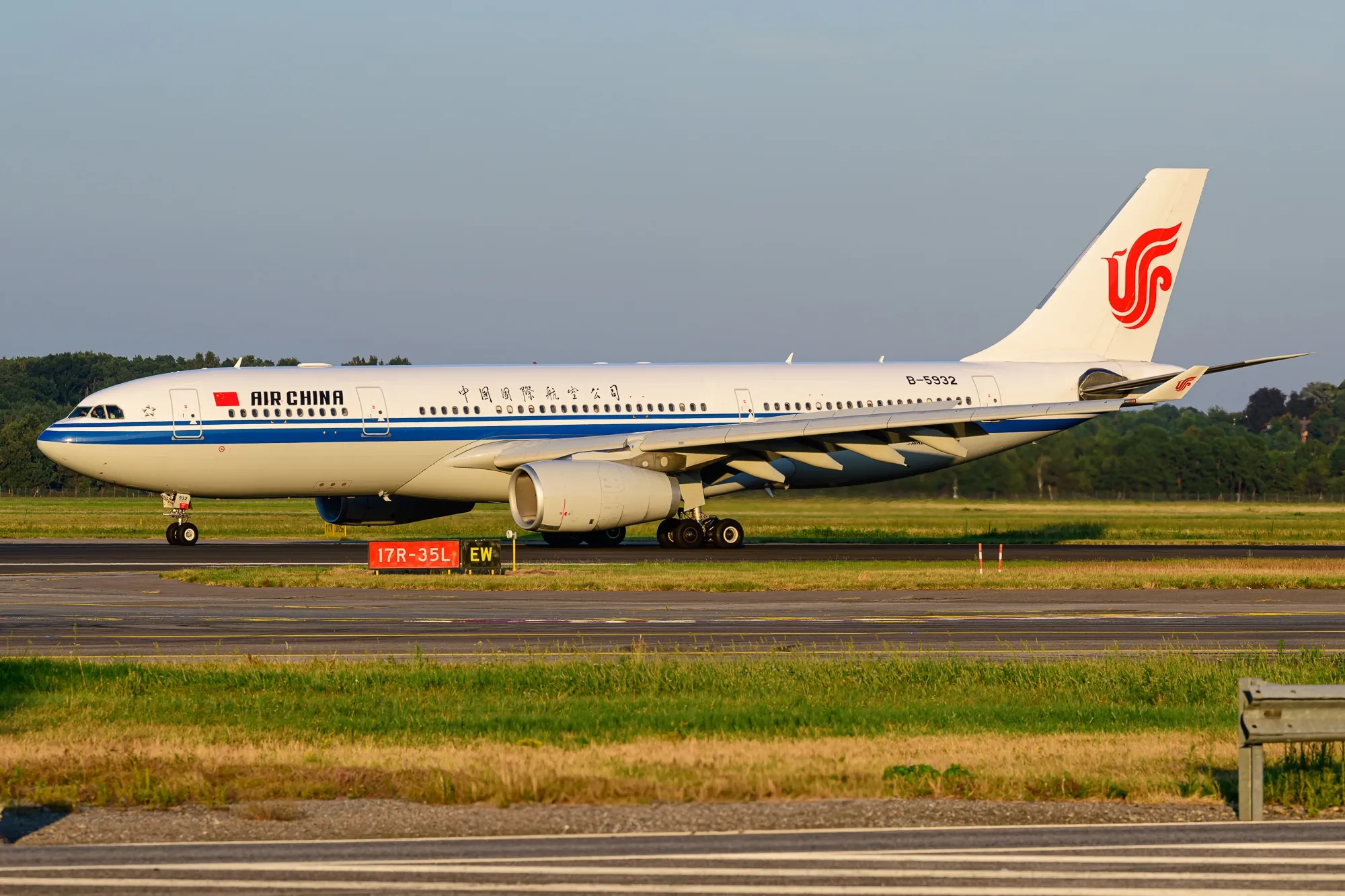
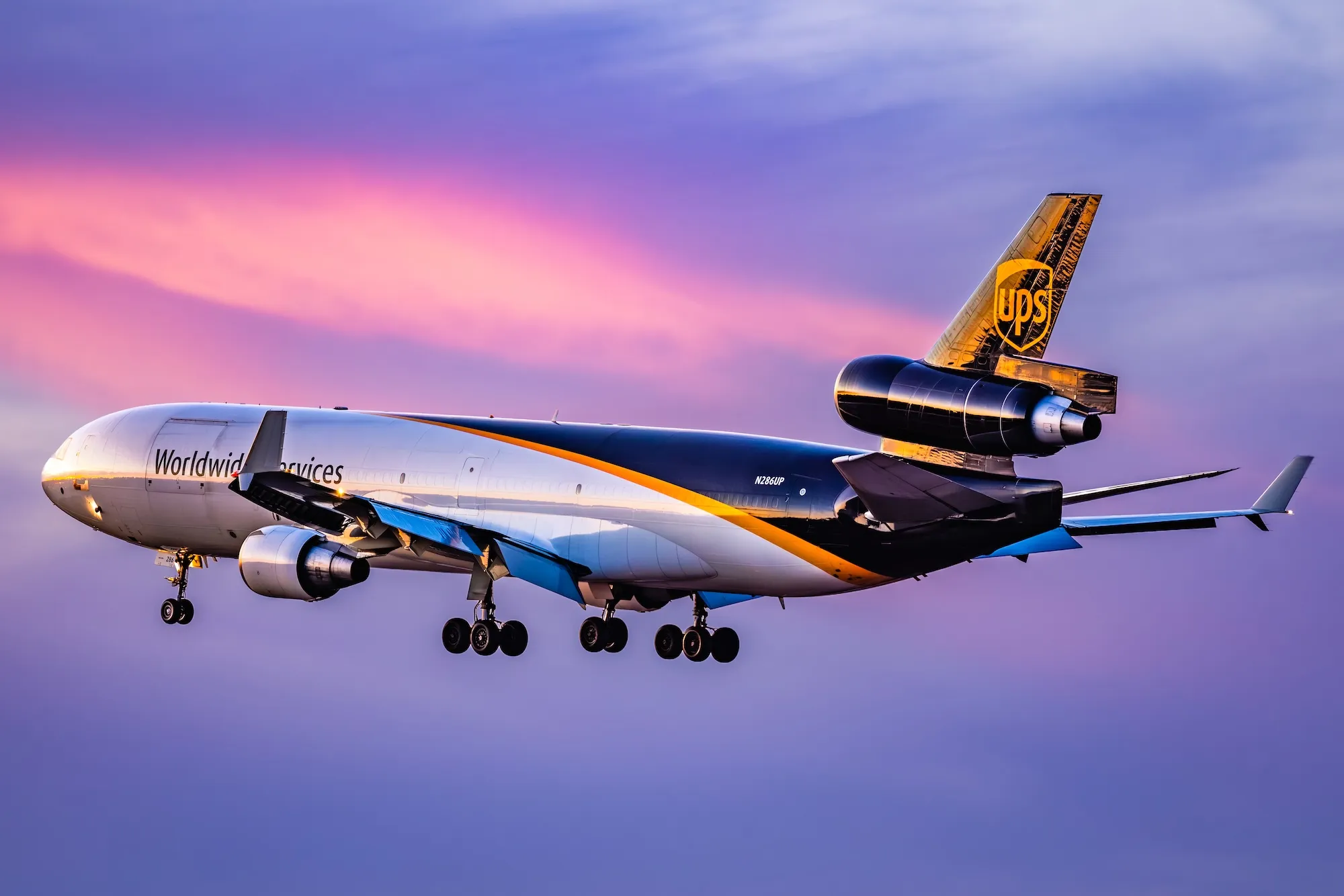
.webp)
